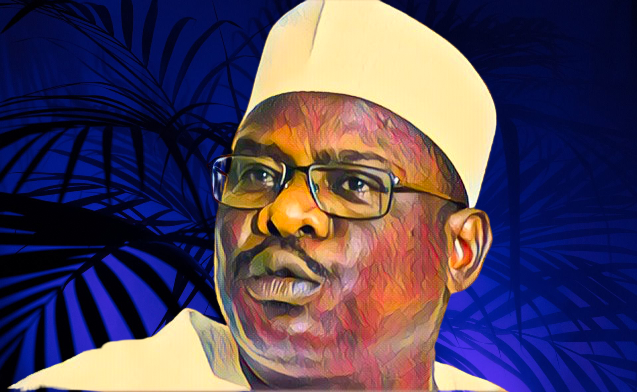The National Working Committee (NWC) of Nigeria’s ruling All Progressives Congress (APC), led by Dr. Abdullahi Ganduje, has summoned Senator Ali Ndume to discuss his recent critical remarks about President Bola Tinubu. These remarks had led to Ndume’s removal as Senate Whip.
Ndume’s Apology and Reinstatement Prospects
Following a meeting at the APC national secretariat, Ganduje expressed satisfaction with Ndume’s apology. The party plans to convey this to the Senate leadership, seeking a review of their decision to remove Ndume.
“We are quite satisfied with his apology,” Ganduje said. “As a party, we are free to invite legislators and members of the executive to resolve issues. We are writing to the National Assembly to convey what has transpired between Senator Ndume and the party.”
Ndume acknowledged that he should have raised his concerns through the party leadership rather than publicly on national television.
“Yesterday, I was invited by the party to discuss family matters,” Ndume stated. “I accepted the mistake of not talking to the party and promised to address any future issues through them. Whatever I said was out of patriotism, but I should have reached out to the party first.”
The Internal Party Dynamics
Ndume emphasized that he had not been expelled from the party and remained a loyal member. He highlighted the importance of the APC as his political home, stating, “The President and the Senate have nothing to do with this. The President did not take offense, and I didn’t insult him. My issues should have ended with the party.”
Dr. Ganduje reiterated that the APC is a family and internal disputes should be handled accordingly. The party’s decision to invite Ndume demonstrates their commitment to resolving internal conflicts and maintaining unity.
The APC’s move to potentially reinstate Ndume as Senate Whip underscores the party’s efforts to reconcile differences and strengthen its internal cohesion. The outcome will depend on the Senate’s response to the APC’s communication regarding Ndume’s apology.
The situation reflects broader dynamics within Nigerian politics, where party loyalty and internal conflict resolution play crucial roles. The APC’s handling of this matter will likely influence its public image and internal stability moving forward.
Source: Vanguard



